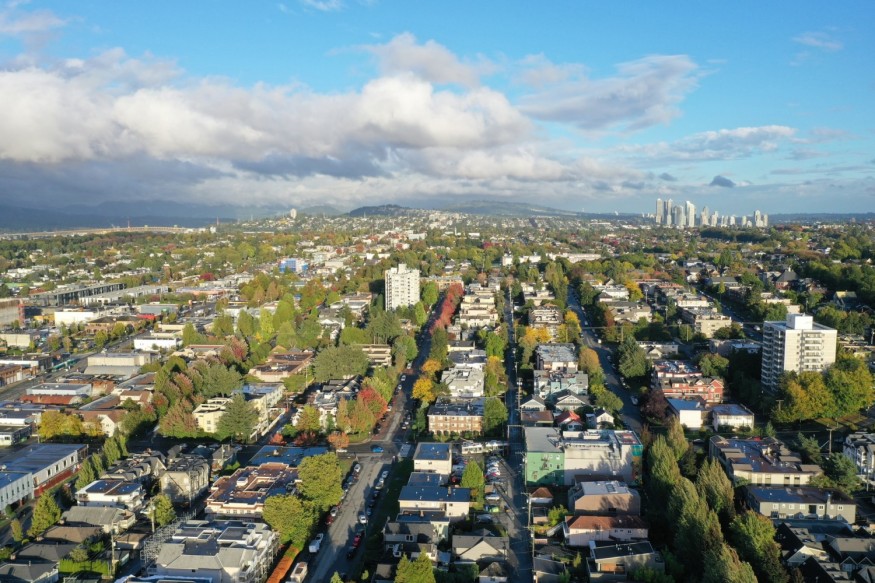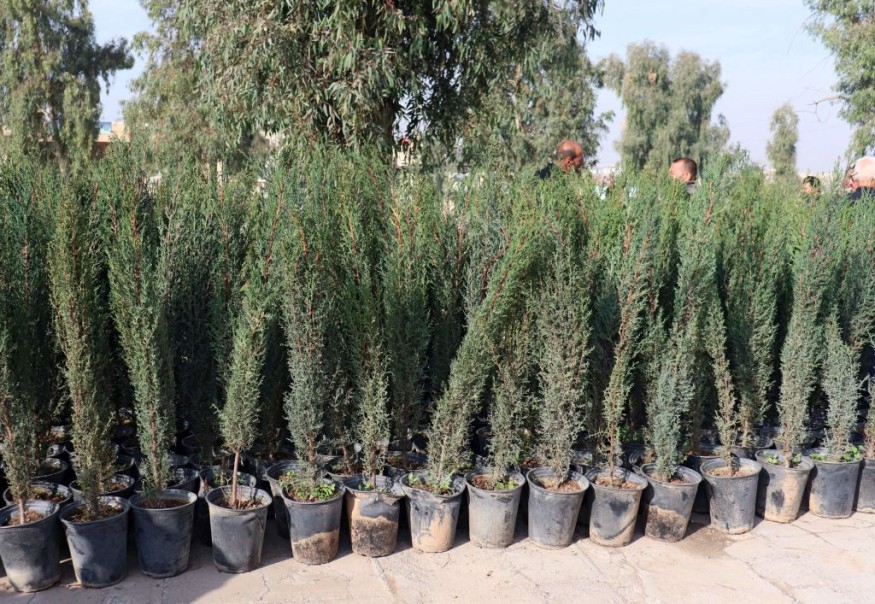According to a study, urban greening can lessen the effects of global warming in urban areas. According to the research of 2,000 towns, de-paving, rainwater gardens, and tree planting can help lessen the consequences of climate catastrophe.

Urban Greening Research

According to research that revealed cities have been warming by 0.5C a decade on average, urban greening programs, including planting street trees, rainwater gardens, and de-paving can help reduce the effects of urban heating from the climate crisis and urban growth.
Scientists from Yale and Nanjing Universities analyzed surface temperature readings between urban and rural areas from 2002 to 2021 by analyzing satellite data from over 2,000 cities.
According to the report, cities are warming by an average of 0.56C during the day and 0.43C at night. Urban regions are warming on average 29% faster than rural areas, which contrasts with rural areas, which warm by 0.4C during the day and 0.37C at night.
Also Read : Here's How Listening to the People May Actually Help in Creating a More Sustainable Energy System
Urban Warming and Urban Planning
The size of a city was shown to be correlated with the pace of urban warming, with megacities warming on average by 0.69C per decade during the daytime compared to smaller cities, which warmed on average by 0.41C per decade.
There were significant differences in the rates of urban heating between continents, with Asia's megacities warming up the fastest both during the day and at night. Cities in Oceania warmed up the least at night while those in Europe warmed up the least during the day.
Scientists discovered that the climate problem is the leading cause of urban warming in around 90% of the cities they studied, with roughly 0.3C of heating every decade on average attributable to human-induced climate change. According to experts, the growing urbanization of some areas of China and India is causing average urban warming of 0.23C every decade, who also underlined that urban development could affect urban heating.
Various Urban Greening Methods
However, according to the paper, urban greening programs like tree planting, which covers exposed land surfaces with natural vegetation, can slow the rate of urban warming by generating a cooling impact, especially at night, and by storing some of the ambient surface heat.
Urban greening has been shown to reduce urban warming by 0.13C a decade on average in Europe. Like other cities, Chicago has seen its urban warming rate drop by roughly 0.084C each decade because of a program to enhance the tree canopy after a 1995 heatwave.
The study's authors have urged policymakers to consider using urban greening programs to lessen urban warming. They describe these programs as an effective tactic that can lessen the effects of the "urban heat island" phenomenon and, as a result, lessen the risk of exposure to upcoming heat waves, which are much more likely to affect cities.
According to Gloucestershire Council's climate change manager Jon Burke, one greening effort that can significantly reduce the need for urban heating is the creation of rainwater gardens. According to him, greenery might result in "lower crime and prescriptions for antidepressants" and "a large role to play in regulating all the sorts of urban heating."
Planning to Implement in the UK

He said that "there isn't one metropolitan location inside the UK with average canopy street cover above 40%," which is the minimum cover required for a cooling impact to occur. UK municipal authorities should have taken green infrastructure investment more seriously a decade ago.
Burke said that there were few greater investments a city could make in the health and security of its citizens than urban greening and that authorities needed to "initiate an urgent race" to stop more harm from heatwaves and floods in cities.
Read also: Gloom Reality: Even the Most Daring Technologies Can No Longer Reverse Impacts of Climate Change
For more environmental news, don't forget to follow Nature World News!
© 2025 NatureWorldNews.com All rights reserved. Do not reproduce without permission.





